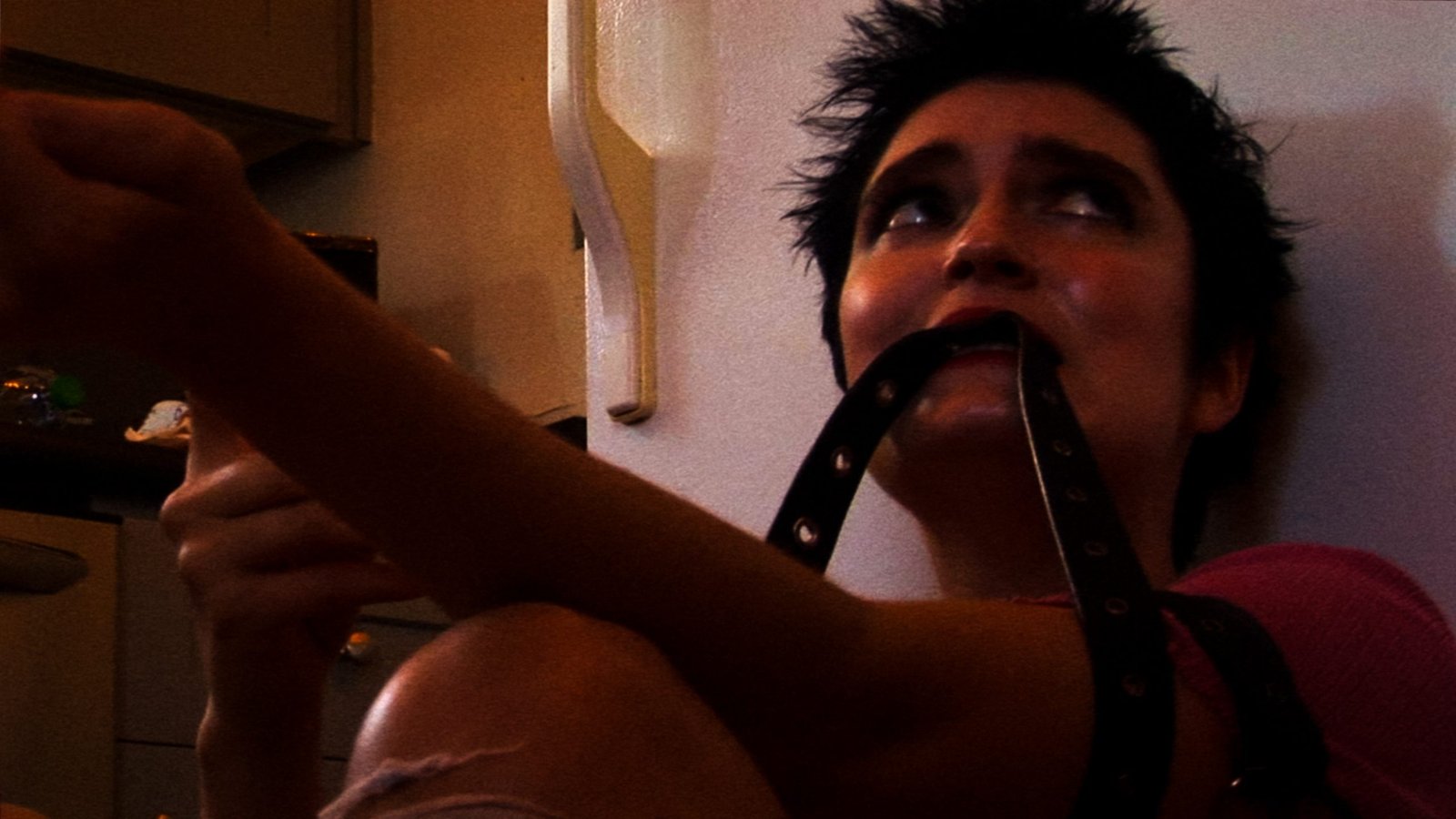Published
10 months agoon

“Junkies don’t have friends”, is that ever really true? Or is it just easier for the rest of us to believe that people who’ve succumbed to the weight of addiction are somehow alone in this world, undeserving of real human connection?
‘Withdrawal‘, a gritty indie drama by Aaron Strand, forces us to confront these questions head-on. It pulls no punches and offers no easy answers. But what it does deliver is a powerfully immersive story about love, art, codependency, and the unbearable weight of withdrawal, both physical and emotional.
The film details the intense story of Viv (played by Millie Rose Evans) and Jay (played by Brent Michal), an artistically inclined but heroin-addicted couple, as they attempt to detox over one brutal night after Viv’s wealthy parents hire an interventionist to send her to rehab. Armed only with a suboxone prescription, the couple lock themselves away to fight off the demons of withdrawal. What unfolds is a slow, painful unravelling of two people desperate to hold on to each other even as everything around them falls apart.
From the opening scenes, ‘Withdrawal‘ doesn’t waste time pulling you into the murky world Viv and Jay inhabit. They are young, creative and clearly burdened with dreams, ambitions and trauma. Viv comes from a privileged home bit she’s dropped out of college to pursue music after meeting Jay. He, on the other hand, has had a troubled childhood that led him down a darker path of addiction and emotional dependency. He is a passionate artist whose impulsive ways and brokenness are reflected in his art.
As the narrative progresses, we start to piece together how Viv and Jay met. It was a connection that started slowly for two people who felt their words were far apart. But things intensified into something ultimately unhealthy. Through a series of flashbacks, we see their past unfold in fragments. The nonlinear reveal captures tender moments, chaotic nights and terrible choices that only the very young or the very lost can truly understand. These flashbacks provide more context that deepens our understanding of why they cling so tightly to each other, even as the world pushes them apart. The story captures themes of both addiction and recovery, but also love and codependency.
What we see with Viv and Jay is not the kind of romance that is aspirational. It feels rather intense, raw and in many ways disturbingly toxic. But it also does feel real. Being an artist comes with struggles, and this film captures that beautifully. There’s the pressure to create, the hunger for validation, and the constant weight of failure looming. For Viv her battle isn’t just with drugs or her parents. But also with herself, her dreams the choice of living her life out that constructs that of her family. Jay becomes her support, but he is also her enabler.
Both Millie Rose Evans and Brent Michal deliver powerfully authentic performances. It is almost as if they both have had actual experiences with addiction and withdrawal. Millie Rose Evans gives Viv a layered vulnerability that makes her sympathetic even when her choices are flawed. Brent Michal, on the other hand, plays Jay with some vulnerability that is not only charming but also infuriating. Together, they’re electric on screen. You can’t help but root for them, even as you realise they might be better off apart.
Cinematographer Emily Marguet also deserves special praise for her work. The visual style is jittery and handheld, with shaky movements that mirror the instability of the characters’ world. There are sharp pans, sudden zooms, and chaotic frames that feel intentionally claustrophobic. This isn’t a clean or polished look, and that works perfectly for the narrative. It places us right there in the apartment with Viv and Jay, sweating, crying, trembling through withdrawal. You don’t just observe the film, you can almost feel it.
What’s more impressive is how deliberately raw everything is kept. There’s no glamour in the way addiction is portrayed here. The decay of their apartment, the vomit, the sweat, and the panic are all there, unapologetically. You see the physical toll of withdrawal and the emotional wreckage of lives half-lived in pursuit of a high. And slowly, you start to wish better for them. Not out of pity, but out of genuine empathy.
The screenplay is written with a careful balance of despair and introspection, which is presented in how it shifts back and forth through time. And with each flashback, you are offered more context. You see how the relationship started, the wrong choices that led them down this path and the moments of genuine affection between them. You also get a closer look at Viv’s relationship with her parents, which helps make their motivation to help her clearer and more sincere.
As the film ends, it doesn’t provide a clean resolution very everyone. It doesn’t pretend that love is always redemptive, or that detoxing is a quick fix. Instead, it lingers in the discomfort, the shame, and the small moments of beauty that can still exist amid the wreckage.
I will score ‘Withdrawal‘ 8/10. It is not just another film about addiction. It’s a haunting, emotionally charged exploration of love, art, and survival in the face of despair. It challenges us to see the humanity in those we often write off. For those who appreciate raw storytelling and performances that hit deep, this film will leave a mark.
Second on my list of addictions is Movies.. the only thing I could possibly love more is my Dearest Waakye lol. Nothing else does a better job of reminding me that ANYTHING is possible with the right amount of effort. I have great eye for details and flaws in scripts. Shallow scripts bore me. I am an avid reader. Your everyday Mr Nice guy. Always the last to speak in a room full of smart people. Half Human, half Martian but full MOVIE FREAK.














